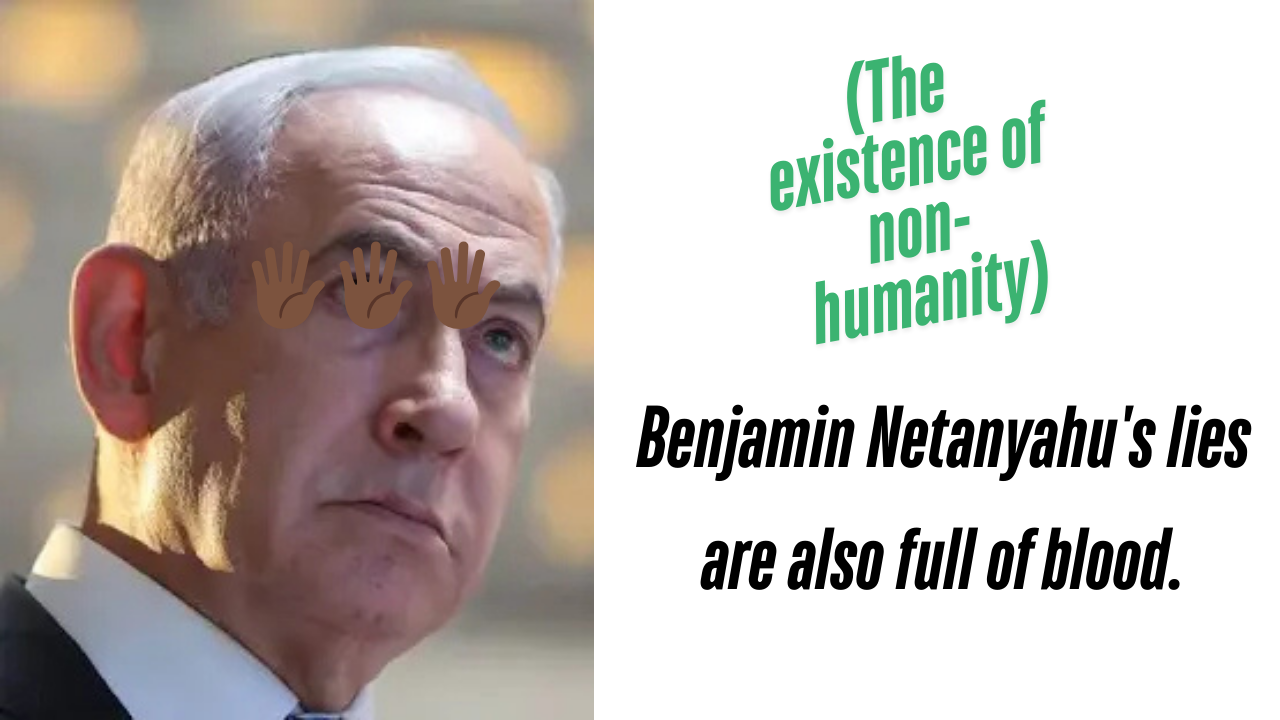Saudi Arabia’s Strategic Priorities
-
Iran is a bigger threat: Saudi Arabia views Iran as a far more significant regional threat due to Iran’s influence in the region and its backing of groups like Hamas and Hezbollah. In recent years, Israel and Saudi Arabia have found common ground in countering Iran’s growing power.
-
Saudi Arabia has been more focused on regional stability and its own security, especially in its ongoing conflict in Yemen and dealing with internal issues.
2. Diplomatic Shifts
-
Over the last few years, Saudi Arabia’s approach to Israel has been evolving. While Saudi Arabia has not officially normalized relations with Israel, they have quietly engaged in security and intelligence cooperation due to mutual concerns over Iran.
-
The Abraham Accords of 2020, where countries like the UAE and Bahrain normalized relations with Israel, have opened the door for other Arab nations, including Saudi Arabia, to potentially do the same under the right conditions.
3. Palestinian Issue and Saudi Stance
-
Saudi Arabia still supports Palestinian rights and has long advocated for a two-state solution, with an independent Palestinian state based on 1967 borders, with East Jerusalem as its capital. However, Saudi Arabia’s leadership knows that military action against Israel would likely not achieve this goal and could have disastrous consequences for the region.
-
Saudi Arabia has used diplomatic pressure and financial support to assist Palestine rather than military action. They continue to push for peace negotiations through international channels, and Saudi King Salman bin Abdulaziz has emphasized that any normalization with Israel would require progress in peace talks with the Palestinians.
4. Changing Dynamics in the Middle East
-
In recent years, Saudi Arabia’s focus has shifted towards economic diversification (through initiatives like Vision 2030) and fostering regional stability. Direct conflict with Israel would undermine these goals and risk destabilizing the region further.
-
Saudi Arabia is also aware that most Arab countries today, especially those that have normalized relations with Israel, prioritize economic and technological cooperation over military confrontation.
5. International Reactions
-
A war between Saudi Arabia and Israel would escalate tensions in the region and potentially draw in other powers, such as the U.S., which has a close relationship with Israel, and even Russia or other nations that have influence in the Middle East.
-
Saudi Arabia values its relationship with the U.S., and a direct military confrontation with Israel would likely harm that alliance. Saudi Arabia is much more likely to seek international diplomatic solutions than resort to military action.
